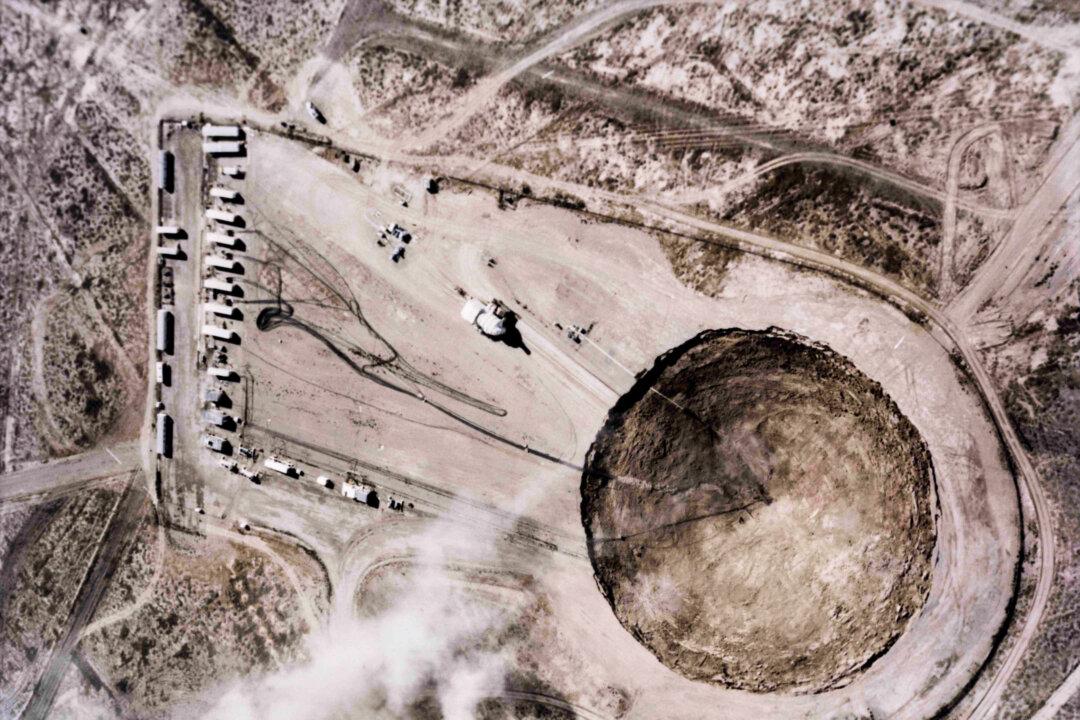A federal agency confirmed that it carried out a “subcritical experiment” at the U.S. nuclear testing site in Nevada to provide information on the “materials used in nuclear warheads,” prompting reactions from North Korea and Russia.
The test was carried out at the Nevada National Security Site last week and did not trigger a fissile chain reaction, said the U.S. Department of Energy’s National Nuclear Security Administration (NNSA).





